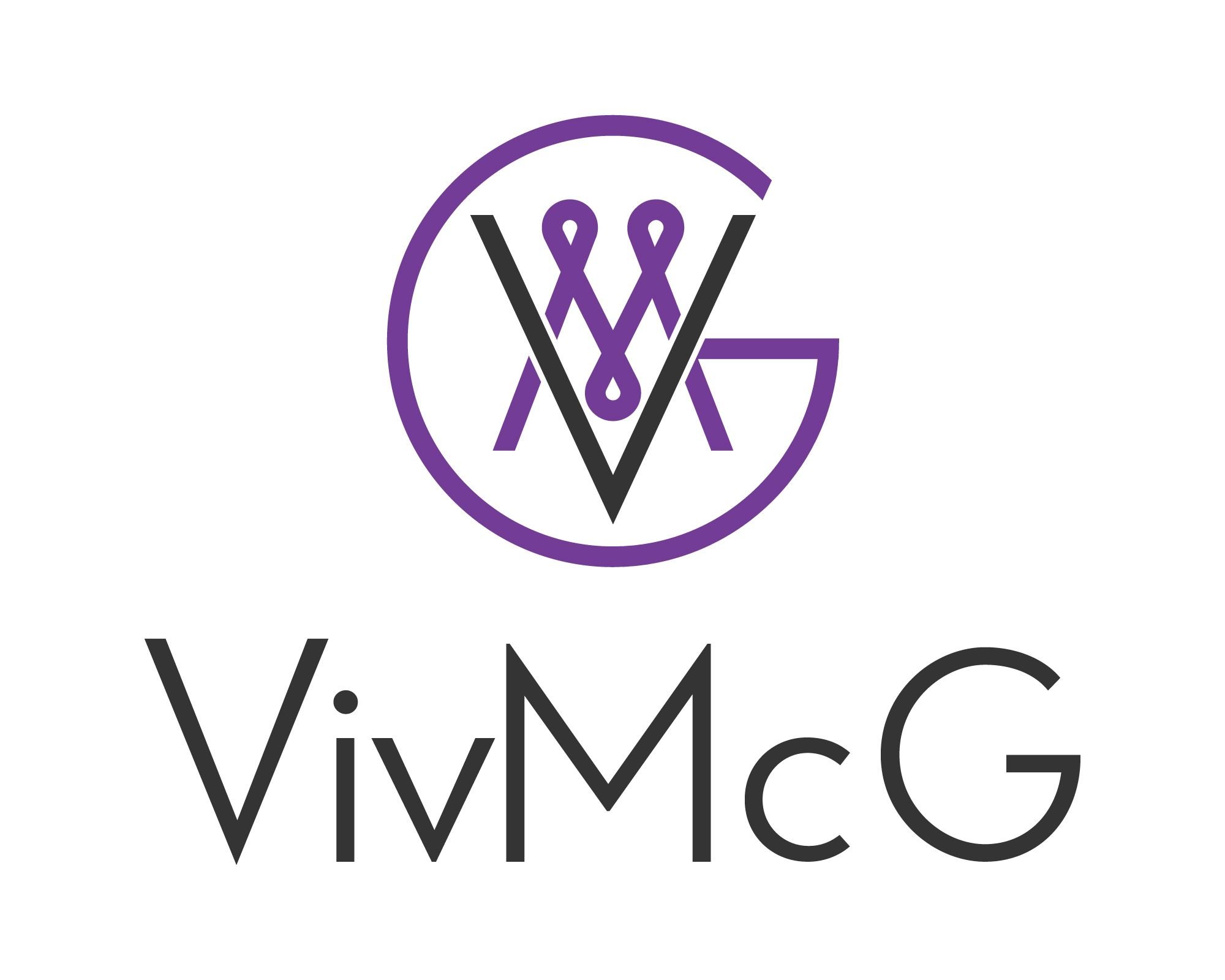5 unexpected benefits of gratitude

Through the article, "Why Create a Gratitude Habit?", we've already walked through a number of well-versed ways gratitude can impact your life when it becomes an everyday habit.
However, what about some of the unexpected benefits associated with gratitude?
How might your life be unexpectedly and positively impacted by gratitude?
Read on to find out...
From reducing mental stress to better sleep, from coping better with adversity to creating a sense of humility, there are a number of well-versed, commonly touted and important benefits attributed to creating a habit of gratitude.
However, what about some unexpected, lesser-considered benefits? Wouldn't it be fun to explore them also?
Let's consider 5 such benefits.
Benefit 1: Gratitude Makes Happier Memories
Did you know that our memories are not set in stone?
There are many ways in which our memories change over the length of time. For example, we may remember things as being worse or better than they were, as people being more hurtful or more kind.
When we practice gratitude, we tend to focus on the more positive side of life and, therefore, recall more happy and fond memories from our past. However, gratitude can also encourage us to remember nuetral or even less-fond memories in a better, more positive light.
In one study, participants were encouraged to move into a more grateful mood before being invited to remember an upsetting (though not traumatic) memory. It was found that the participants who recalled an upsetting memory after they had moved into a more grateful mood were better able to find closure on their upsetting memory compared to those participants who recalled their upsetting memory without moving into a more grateful mood beforehand.
How can this happen? How can we positively alter a memory using gratitude?
The answer lies in something known as memory bias, which is a cognitive bias that either impairs or enhances the recall of a memory by altering the content of what we remember.
This means that if you move to a higher vibration such as gratitude before considering a memory, your mood can actually alter the content of that memory, changing it from a memory that may be neutral or, indeed, negative to one that reflects your current mood of positivity.
Benefit 2: Gratitude Reduces Materialism
Studies have shown that materialism stems from two probably sources: insecurity and role models.
People who feel insecure as a result of not having their basic psychological needs met, for example, they may be lacking in confidence or may not have had supportive parents as children, tend to have more materialistic inclinations.
Gratitude helps reduce insecurity. A feeling of gratitude towards someone rises from what we perceive to be an act of kindness towards us. The more we experience gratitude, the more we perceive the world around us to be filled with kindness. The more we feel and experience kindness around us, the more secure we feel. And as insecurity leads to materialism, a reduction in insecurity (caused by an increase in a sense of security) will lead to a reduction in materialism.
The other reason people become materialistic is as a result of role models. Celebrities who venerate riches and frivolousness, a working culture that promotes happiness as a direct and sole result of chasing wealth and big dreams, constant advertising and marketing campaigns which endorse a life filled with possessions and gadgets, it's challenging not to be sucked into a culture of buying, competing, and materialism.
Gratitude encourages you to be grateful for all you have already in the present moment without feeding the need to compare yourself with others. And so, when you embrace a life of gratitude you stop chasing the materialistic and the meaningless.
Benefit 3: Keeps the Doctor at Bay
You may have heard the phrase, "an apple a day keeps the doctor at bay", or something similar. The idea is similar to that of gratitude. Living a healthy lifestyle will help you maintain better health and, so, reduce your visits to the doctor.
Research based on multiple studies concludes that positive emotions improve your health. If you want to improve your health, improve your mind.
Two of the primary reasons for illness in today's world are stress and inflammation.
Stress derives from worry and leads to anxiety. Gratitude trains your brain to seek out and find the positive in every situation. When you can find the positive in the most challenging of situations, you'll naturally reduce your anxiety and depression levels because anxiety and depression only survive where there is worry and darkness.
Imflammation is the immune system's natural and healthy response to an irritant. However, inflammation becomes chronic and a health issue when inflammation and inflammatory cells outstay their welcome.
And when inflammation becomes chronic, it leads to stress on and in your body.
According to a study performed at UCLA and published in April 2021, feelings of gratitude may reduce inflammation and improve overall health by turning down brain activity associated with the biological stress response. In the study, participants were asked to think about why they were thankful for their loved ones while monitoring their brain during an MRI scan. They found that a reduction of reactivity in the brain was linked to lowered inflammation in the body after experiencing feelings of gratitude.
Benefit 4: Gratitude May Help You Live Longer
Although not yet scientifically proven (yet), when you combine the results of a few different studies it is easy to conclude that gratitude may help you live a longer life.
For example, studies have shown that optimistic people tend to live a few years longer than pessimistic people. And as no doubt you already know, people who express gratitude tend not to be pessimistic in nature and, also, gratitude and positive emotions, such as optimism, tend to have a strong correlation.
So, although not proven scientifically (yet), I think it can be safe to say that gratitude may help you live longer.
Benefit 5: Gratitude Makes You a Better Leader
Whether it's in work or at home, better leadership tends to lead to a happier and more productive environment.
The old school of leadership, particularly in the workplace, was to criticise often, praise little. Indeed, that's a work culture I was all-too familiar with, personally.
Studies have since concluded that timely, sincere, specific, behaviour-focused praise is often a more powerful method of influencing change than criticism, and that expressions of gratitude tend to be highly motivating whereas expressions of criticism tend to be de-motivating.
When gratitude is expressed towards others, it gives them a sense of being appreciated, being seen, being valuable and, so, will tend to repeat the behaviour again and often to fulfill that sense of worthiness.
At home this may look like children helping more aorund the house because they feel their contribution is valued. In the workplace this may look like greater creativity and more passion towards their work because they know too feel their contribution is valued.
Did you consider these 5 unexpected, lesser-considered benefits of gratitude before now? Looking back can you see where these benefits have arisen in your life as a result of practising gratitude?
Viv xx
